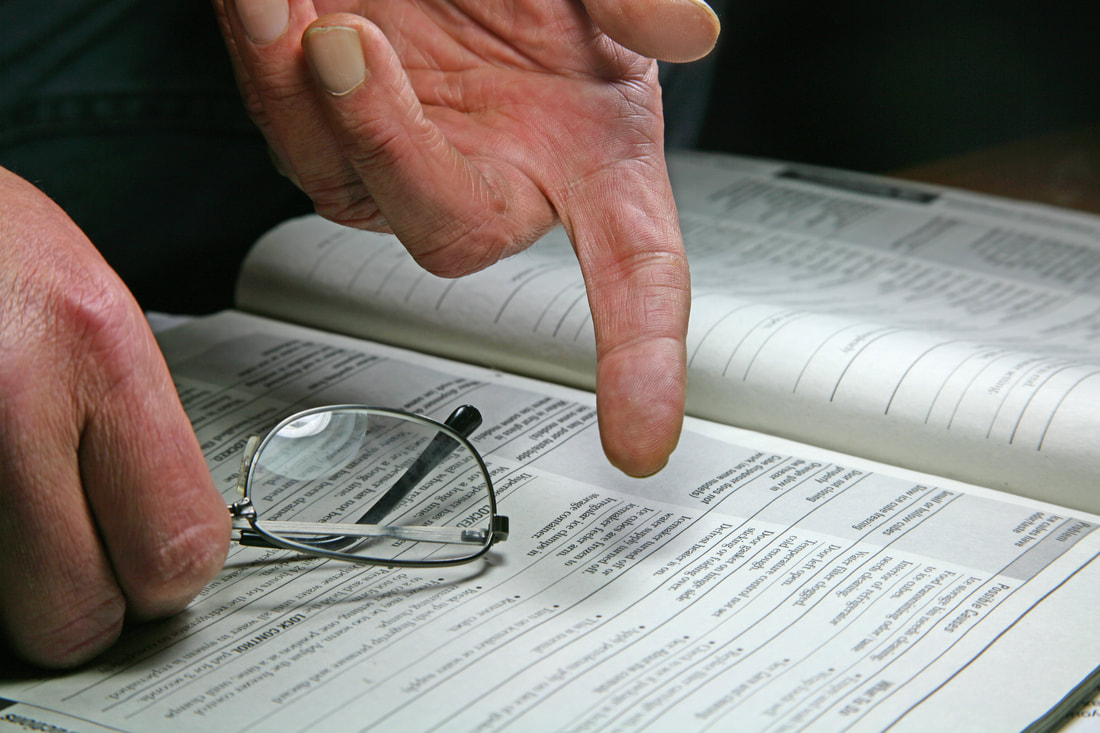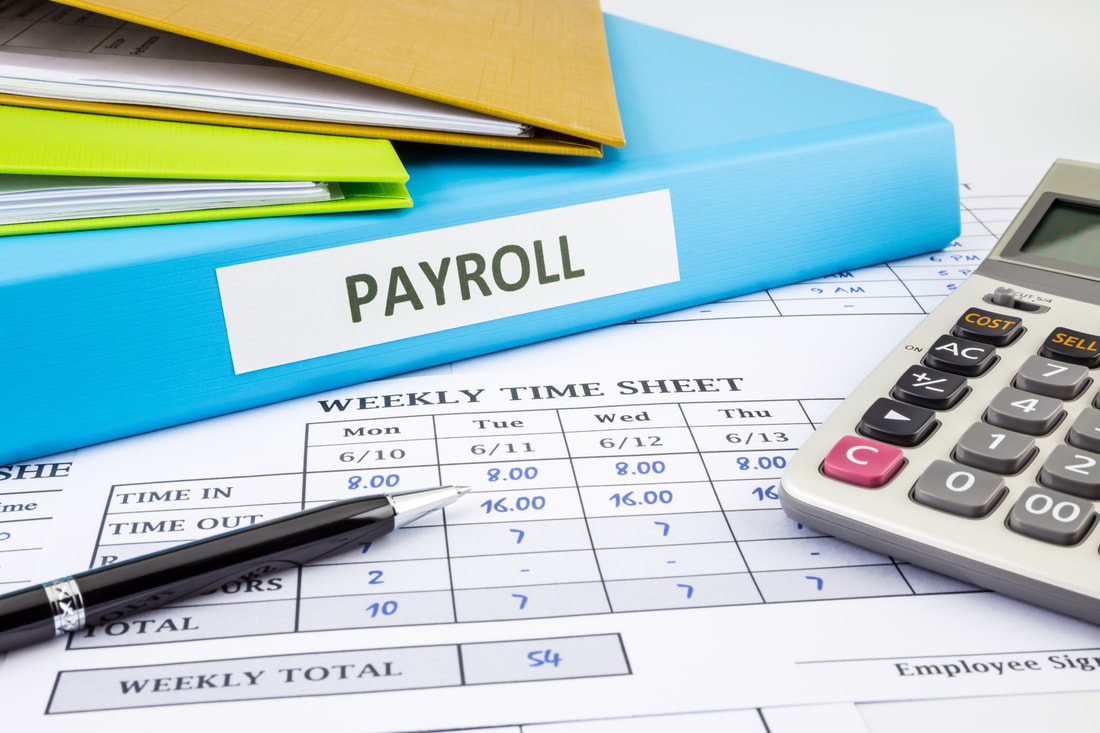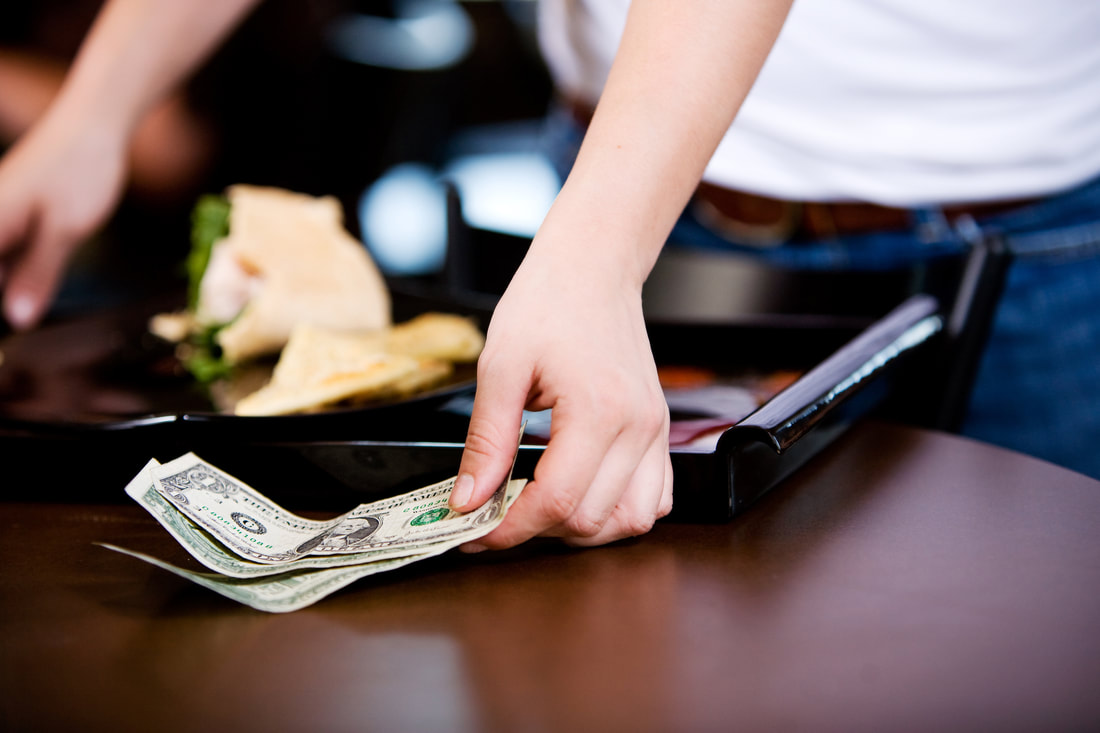Foodservice Laws & Regulations
Stay current on state and federal laws as they pertain to the Food Code, employment regulations and more. Simple-to-understand laws and regulations are interpreted for Wisconsin foodservice and restaurant operators in WRA’s HERO Manual which includes FAQs on the laws in easy-to-understand language. Below are some important topics, several of which are covered in the HERO
| |||||||||||||||||||||||||||||||||||||||||||||||||||||||||
State vs Federal LawGUIDE TO LAWS AND REGULATIONS FOR RESTAURANT OWNERS
All Wisconsin restaurants must comply with Wisconsin state labor laws. Restaurants meeting certain criteria are covered by the Federal Labor Standards Act (FLSA) and must obey federal laws in addition to state laws. If the two laws differ, you must follow the stricter of the two laws—in other words, the law most beneficial to the employee. The WRA HERO manual will outline both state and federal law where applicable. You must obey state and federal laws if:
If you do not meet the above criteria, you only need to follow state law. |
Minimum Wage
Minimum Wage for Non-tipped EmployeesCurrently the federal and state general minimum wage rates are the same.
*The federal opportunity wage rate is $4.25. Wisconsin’s opportunity wage rate of $5.90 is higher and therefore more favorable for the employee and is the rate that should be used. An opportunity employee is an employee who is not yet 20 years old and who has been with an employer for 90 or fewer consecutive calendar days from the date of initial employment. After the first 90 consecutive calendar days on the job, all employees regardless of age must be paid the full minimum wage of $7.25. |
Minimum Wage for Tipped Employees
Note: The federal cash (or base) wage for tipped employees is $2.13. Wisconsin’s rate of $2.33 is higher and therefore more favorable for the employee and is the rate that should be used. |
Teen Labor
Teen LaborAnyone under 16 must have a work permit for your place of employment to legally work there. Minimum age to work in a restaurant is 14. The only exception the children of the restaurant’s owners working in their parents’ or guardian’s business. In this case, the Wisconsin rules for 14- and 15-year-olds apply.
As of 2011 Wisconsin’s child labor hours limitations for 14- and 15-year-olds match federal law:
14- and 15-year-olds
|
Cooking (for 14- and 15-year-olds) Under Federal LawThe federal teen-labor rules that took effect in 2005, permit 14- and 15-year-olds to perform various food and-beverage prep work, as well as kitchen work, and provide examples of equipment that these employees may use. The Department of Labor (DOL) rules are not too different from the previous regulations, but do a better job of reflecting advances in restaurant kitchens and foodservice equipment.
|
Teen on the Job Driving16-year-olds are forbidden from all on-the-job driving and 17-year-olds may not drive a delivery vehicle unless:
* The Department of Labor (DOL) explains that urgent, time-sensitive deliveries include trips subject to timelines, schedules or turnaround times in order to satisfy customers or protect the product from temperature changes and other deterioration. The DOL specifically states that prohibited trips would include delivery of pizzas and prepared foods for customers. Therefore, it is highly unlikely that employers may use 17-year olds for normal deliveries of food to outside customers. |
Save your time and money getting answers to your restaurant questions—quickly and confidentially! |
FAQs
I do not meet the revenue requirements for federal labor standards, but I do accept credit cards.
Which rules do I follow and when?
Which rules do I follow and when?
There are two ways a business qualifies for regulation under the federal Fair Labor Standards Act: meeting the revenue requirement or having employees engaged in interstate commerce. However, the “interstate commerce” test is employee by employee. You must comply with federal standards for those employees that are engaged in interstate commerce; you don’t have to follow federal law for the employees who are not. Receiving a tip on a credit card, accepting out-of-state checks, or unloading a truck that traveled across state lines, would all be examples of “interstate commerce” in the government’s eyes. Technically, your servers could be covered by federal law one pay period and not another. However, it only takes one charged tip in a pay period to put a young server in the federally covered category. WRA recommends you consider anyone who receives tips as covered by federal rules if you accept credit cards.
I’m not certain about whether or not my business is subject to FLSA. Where can I get more help?
The Department of Labor (DOL) has lots of information on their website that should be able to clarify things for you. For example they have a variety of facts sheets, guidelines and even e-tools.
I am hiring an 18-year-old who is still in high school. What hours can he work?
An 18-year-old who is still in high school is not covered by teen labor laws. He may work during any time of the day and as many hours as you wish.
I am hiring a 17-year-old who has already graduated from high school. What are her hour restrictions?
A 16- or 17-year-old who has graduated from high school may be employed during the same hours, and as many hours, as an adult. However, all other teen labor restrictions for her age group (not serving alcohol, not using a meat slicer, breaks, etc.) still apply.
My 16-year-old dishwasher is attending technical college to get his general equivalency diploma.
How does this affect the hours he can work?
How does this affect the hours he can work?
A 16- or 17-year-old who is emancipated, living independently, head of the household, or enrolled in a GED program at vocational or technical college may work unlimited hours (but be mindful of overtime, break and hours of rest guidelines) since state and federal laws do not limit the hours.








